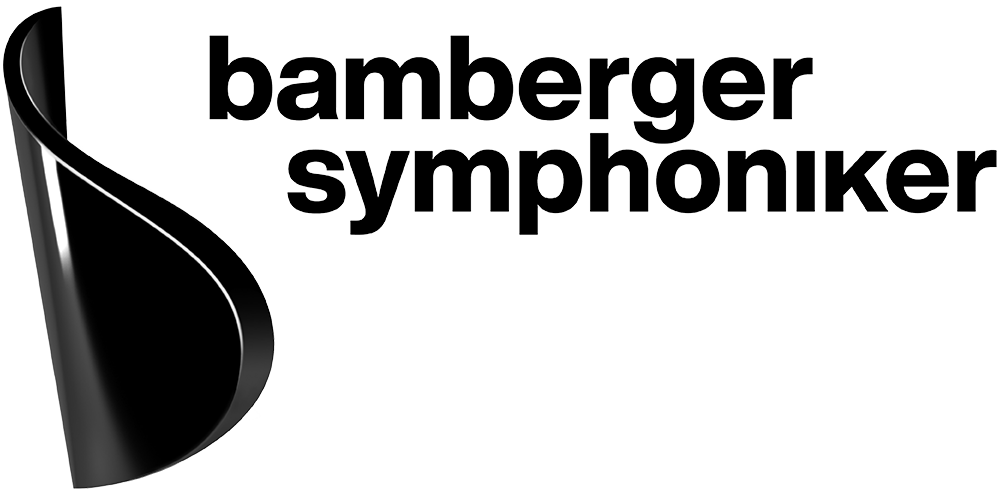
A talk with Jakub Hrůša
Do memories give you strength for new challenges?
We can always learn from the past. What matters, though, is what we do with it now. I believe life in general is getting better, but not everything today is better than in the past. It‘s complicated, which is a good reason to look back at the past – and art is a wonderful way to do that. Art gives us a very unclouded view of the past, and it also documents our own view of the past.
Memory is often linked with nostalgia and sentimentality. What do you think?
They do go together. We project feelings into the memory-making process. Memories aren’t objective, but tinged with nostalgia. If you get overwhelmed by nostalgia, then sentimentality isn‘t far away. I try to stop emotion, which is pure and basically healthy, from becoming exaggerated. Keep your distance from the past, live in the here and now – or sentimentality becomes dangerous.
What do scores mean to a conductor?
On the one hand, for a work which matters to you, it’s important to have your own score with your own notes. On the other hand, there‘s something liberating about an unmarked score – it encourages you rethink the music afresh. Performed music is in tension with printed music – we want to create something living! For rehearsals, it would be ideal to have my own score and a brand new one, open side by side on the stand.

